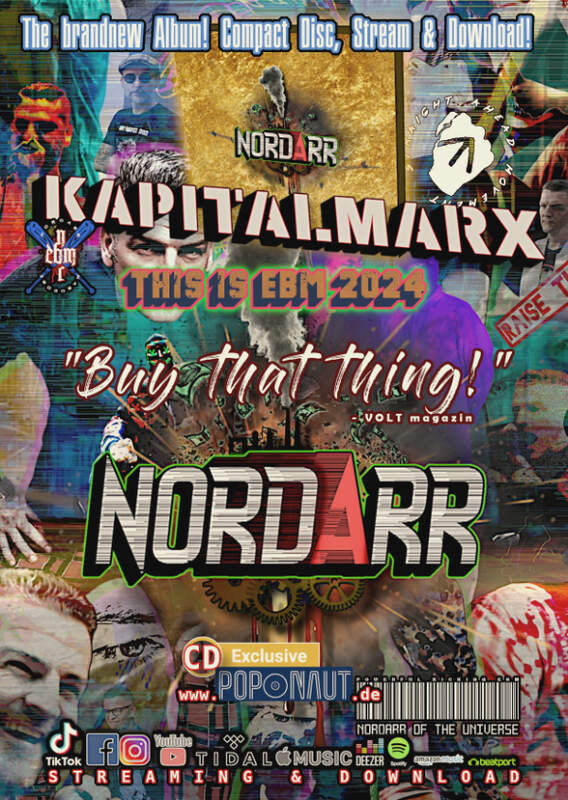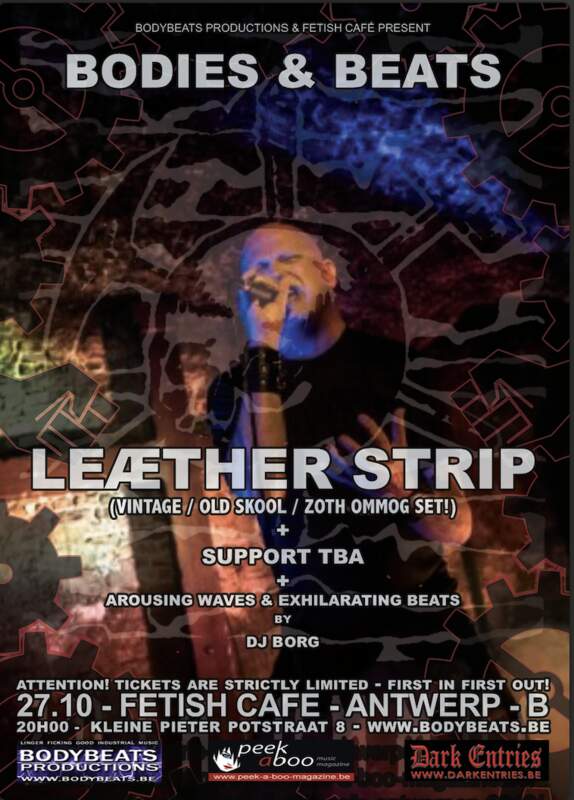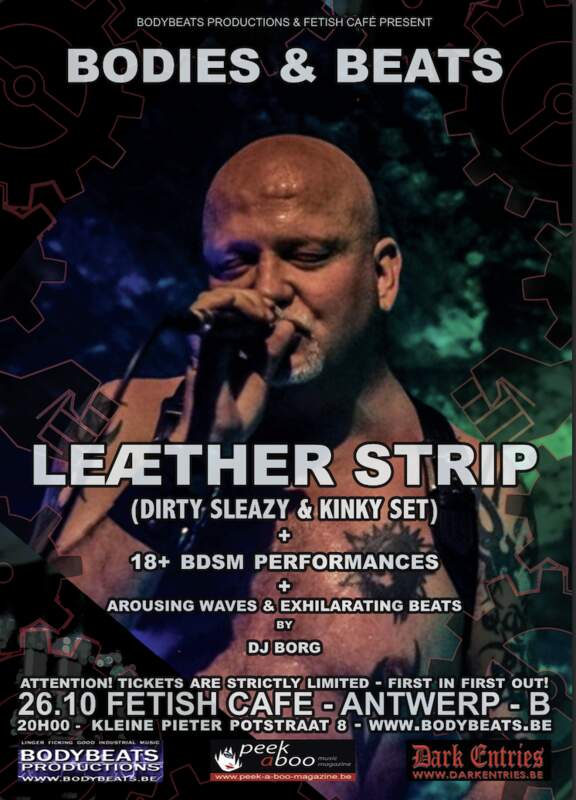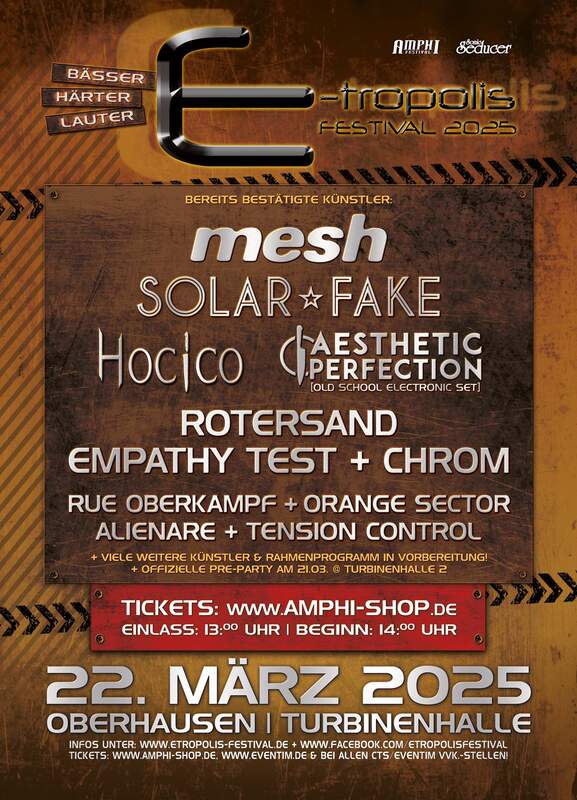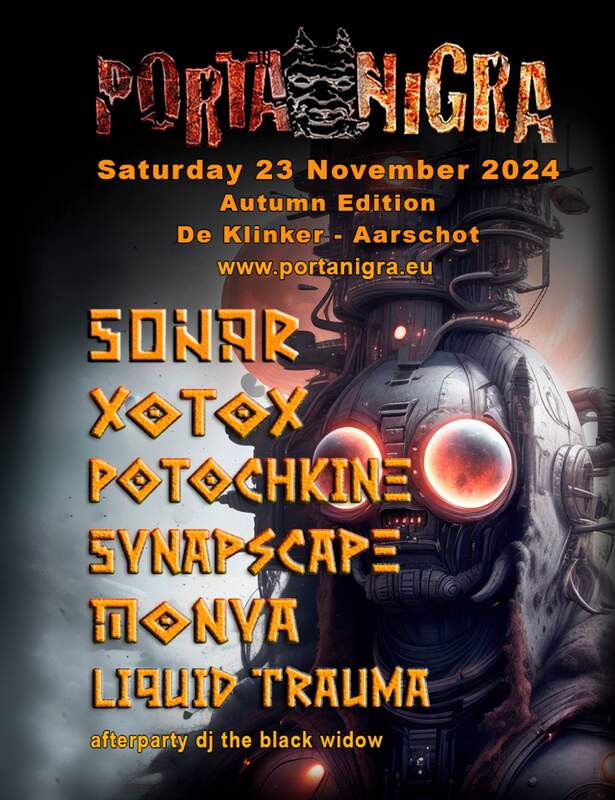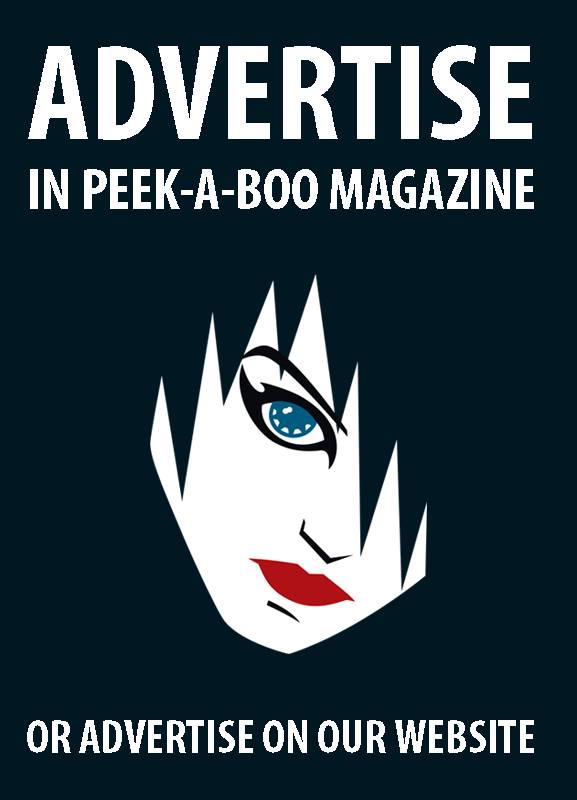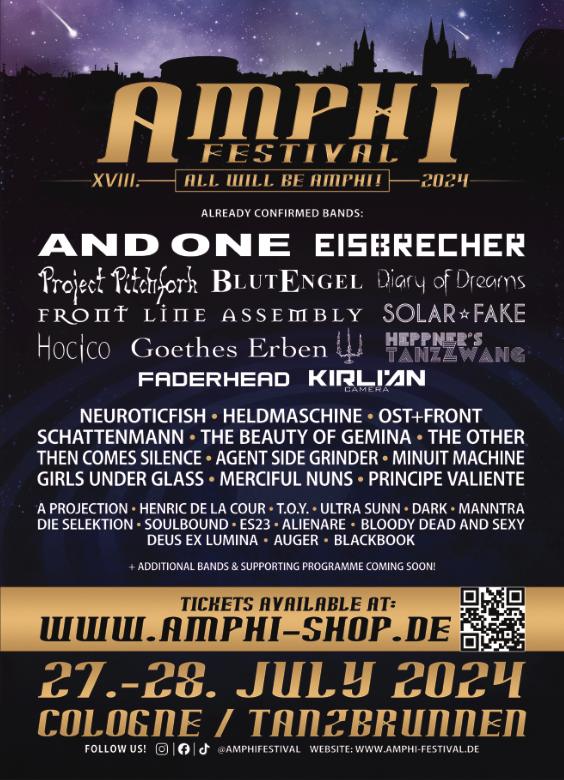ALEX SKOLNICK (TESTAMENT, ALEX SKOLNICK TRIO)
'I was as knocked out as I was hearing Van Halen...'
03/12/2020, Danil VOLOHOV
photos: © Jubez Karlsruhe, Evelyn Steinweg
It’s a rare case when a musician decides to literally change seats at a certain point of his or her career and starts to explore different musical tendencies. Alex Skolnick would be the perfect example. “The Legacy”, “The New Order”, “Practice What You Preach”, “Souls Of Black”, “The Ritual” – after recording all these remarkable albums, Alex decided to change the direction of his activity and started exploring the world of jazz. Skolnick had formed his Trio about a decade later. At that point, he successfully got back to play in Testament. And started combining both his jazz and metallic-side working with both bands.
This year Testament presented their newest 12th album - “Titans of Creation”. Peek-A-Boo got the chance to speak with Alex Skolnick. About musical energetics at jazz and festival-shows and “The Legacy” about his work on “Titans of Creations” and the beginning of Alex Skolnick Trio, about jazz-mindset and songwriting.
Testament was formed in 1983 and it took a few years for you to put together the record that lately became “The Legacy” – what did you bring to some of these songs that were already written ?
Well, the band started in 1983. But I wasn’t there yet. I was still very young. In 83’…I was in 9th grade. But a couple of years later, they were playing in Bay Area, and I started hearing about them. They had a show…We started performing together within a few months. And I was…kind of new to that kind of music. I liked it! But as far as guitar-playing I was listening to more Van Halen -respect to Eddie Van Halen. Also, Randy Rhoads with Ozzy [Osbourne], Dio. So that’s more where I was coming from. But I brought my ideas and we worked them. We sped up a lot of what I had. So some of my musical ideas – there’s a song called “Apocalyptic City” from the first album [“The Legacy”]. I had written the opening riff more like a Dio-riff. Like “Holy Diver”. Like that tempo: tam-ta-ta-tam…And we just made it 10 times faster (laughs). A lot of these were my DioOzzy riffs. Just made a lot faster.
These days Bay Area trash-scene is well-known for most of the world. Which is basically true. But was there a show or a moment in time when you understood that your music was getting recognized and resonated with the people out of the scene – all over the world ?
Once we did the first tour. We supported groups like Anthrax. Megadeth. [When] we started. Certainly, it was just beyond Bay-Area. And we realized that we were reaching the whole new audiences.
But after you got Alex Skolnick Trio together – at the beginning of the 2000’s, what was it like playing live and dealing with a whole different set of musical rules, the rules of improvisation and the reaction of your listeners, first and foremost ?
By the time, I started the Trio, I had already been performing informally. So I would sit with friends. I might go to a very small performance where nobody knew who I was and maybe before I moved to New York, I was doing this in San-Francisco. I got to know some musicians. They would play like cafés and coffee houses. Some good musicians too. I was already used to just getting my improvisational skills together. But, on a small-level. And once I was in New York…It’s a little bit more exciting. Because, you’re in New York and New York is such a big music city. So I had to get used to that. But I have to say – the main difference when you play in front of a large audience, rock-concert – it’s less intimate. And it doesn’t have to be perfect. But when you’re playing smaller concerts, everybody’s listening. They hear EVERY NOTE.
How different are these two for you ?
It’s very different! Very different! In the 70’s there were a few jazz-artists that caught on with rock-crowds. And would play big rock venues. John McLaughlin, for example. One of my favorite musicians. But he let it go! Even though the record label and a lot of business people were not happy because they were playing giant venues – very rare for jazz. And making a lot of money. [But] after a few years he just wasn’t feeling it anymore. He just did the complete opposite. When I first saw him, it was probably 10 or so years later. And he was playing small jazz-rooms…And happy. He was intimate. And people were REALLY listening. I like to do both. I like to play in front of a large audience. But it’s a different experience. You can’t express everything you can for more intimate audience that’s listening to every note. You can make a big mistake in front of a rock-show. And people might haven’t noticed (laughs)! Cause everything’s so loud and crowded. And the attention level isn’t as high.
Bands like Judas Priest and Iron Maiden existed long before artists like Testament or Slayer came to the scene. But at the same time, you got a style that already existed and brough it to the point of super-intensity. Above all, being a guitar-player. What has been pushing you to explore these particular venues that became trash-metal ?
Well, I think once I started touring – just doing concerts night after night after night, I experienced that. And I knew that I could do it well. I gotten good at it! It wasn’t as much as a challenge. But I started going to jazz-concerts. Especially smaller ones. By local artists. Some of them were VERY GOOD. And some of them played with very famous jazz-artists. But people I was hearing – they weren’t as well known. And I would hear these concerts. But these artists in a very small-setting. It was just INCREDIBLE. I was as knocked out as I was hearing Van Halen…At one time, I saw the original Van Halen….The whole audience [was] hanging by a threat. There are a very few artists who could do that. Van Halen is one of them. But when I would go to these small shows, I would realize: “Oh, if you get outside of hard-rock and metal – it’s not as rare. And being respectful to rock-musicians in general, you don’t need to have those skills. But I was hearing more artists with control of dynamics, mixing different styles. And it just interested me. I said: “Ok, I really want to work on being this type of musician as well – then the other type”.
Following your own words, somewhere in between “The New Order” and “Practice What You Preach” you tapped into your own, real identity. What was so particular about that transition – in between and after these albums ?
I think after the second record…I just really started to develop lot more. I think, I had the experience on tour. And I was feeling restless, because every year or so I felt a lot of improvement as a player. Once you’ve played additional year – that meant something! Rather then you’d have played 3 years or 5 years. What often happens – people get to a certain professional level. And then – the progression stops. That’s fine! Maybe they’ve just reached the level they're comfortable with. But I just started discovering all this great music. And it really pushed me forward. So I think, by that time you’re talking about – that’s when I got really serious about that. Scheduling my days. Really find to what I gonna work on. Studying with musicians – not just guitar-players. I started studying with piano-players. Jazz-horn players. Just really expending! And when “Practice What You Preach” came out – you could hear it, those clear. So I stayed on their program.
If your early records were quite straight-ahead and trashy, “The Ritual” was a progressive one. You progressed as players, and you, personally started putting bits and pieces of jazzy elements within your parts. You’ve always been a fan of jazz music. But why at that point did you start gravitating towards these tendencies more than with any of your records ?
I think, at that point I had recently my first tour of instrumental music. And that was with bass-player – Stuart Hamm, whom I re-connected with in recent years. We’re working on having some upcoming activity together. But he went to Berklee College of Music. He was in one of Steve Vai’s early bands. Played with Satriani, who was my teacher. He was really next level musician. And I knew, people going to see us on that tour. These weren’t fans of Testament. They could come in and I could play everything and they’d love because I played in Testament (laughs). But I knew, that time I would be playing for people who listen to Joe Satriani. Or Stu has a lot of bass-fans. A lot of the fans of people like Jaco Pastorius, Jimmy Johnson – all those people. And those were the bass-players that played with guitarists like Allan Holdsworth. Allan had guested on Stu’s record. And we were doing a song…So suddenly the bar was set – mitch higher. I really had to step it up. Right after that, we went and made that “Ritual” album. I think, that’s why my playing is different, on that record.
How much getting to jazz-world changed your musical accents, technicality and logics of your approach – individually and in bands you’ve been working with ?
I really had to make a separation. It’s really like playing different instruments. Playing jazz vs. playing hard-rock and heavy metal it’s like playing piano vs. playing electric guitar. That's different! It doesn’t mean you can’t do both! It’s a big challenge and there’s a lot of comes with it. For me, it helped to work on my jazz-playing with completely different instruments…If you could see up there, there’s grill. Old big jazz-guitar. I got that guitar and it helped. When I worked on jazz, I was in that world. I had the right sound. And for one time, I kept it separate. I only played rock and metal on the electric-solid-body guitar. I didn’t play jazz. And I kept the whole body for jazz-stuff. After a number of years, I’ve learnt: now I can pick up my electric guitar and do jazz. Because, I knew how to find the right sound. Make adjustments with tone…It took a lot of time. And I think, separating the equipment really helped. Also, working with different types of musicians. At first, people I knew in a rock-scene. Like drummers. Maybe they knew a jazz-beat. But once I started playing with people who did it for real – it’s a HUGE difference. Like actual musicians. That’s their main thing. So, I separated.
And at the same time, it’s interesting how it was for you, getting to the jazz-world fully, after you’ve already been playing trash-metal. There are lots of examples of it. For instance, Dave Lombardo. In what way was it different rather than if you came to trash being a jazz-player ?
Well, it’s different. Dave Lombardo is a good example. He was Cuban-American. He raised in Cuban community. I think more Cubans play instruments than not (laughs). They’re so musical! And the times I’ve played with Cubans - the level of rhythm is super high. So, he had that. He came from that. And there are others like Page Hamilton from Helmet who actually gone though a jazz-guitar program, if I got that right. But really after that he started doing metal. And I think, for me, I already had my metal-playing together in a high level. But I had to unlearn a lot of things. Being able to still play that way. But approach jazz-guitar piece and playing wider. Very difference sense of rhythm. And a very different type of listening to. There’s a very different listening. You have to listen to all the other instruments. In hard-rock and metal, you can just listen to the drums. In fact, If I’m not mistaking, but I think most of Metallica records are James and Lars in a studio. That’s really the record (laughs). The other guys come in and add to it. That’s it! That’s how the listening is in that kind of music! In a jazz-situation you had to have the whole band. You could never do jazz-recording in that way. With just the two guys. You can always add things later. But the foundation has to be the whole band. That includes bass and drums.
Within the current phase of your creativity, it seems that both Steve and Gene brought something very special to the current version of Testament. And your recent “Titans of Creation” would be the perfect evidence. How can you characterize your work at the current stage and how were those songs actually written ?
I found a really good balance between the styles! Now it’s very easy for me to go back and force between my instrumental playing. And the playing with hard-rock or metal playing. Whether it’s Testament or everybody else. And I can also borrow from those ideas. They are shaped some patterns I might not come up with. If I was just taking from hard-rockmetal vocabulary. But I can also think: “Oh, you know, John Coltrane did this pattern when he skips his notes – maybe we can try that having a distortion tone ?” – and I’ve come with some interesting ideas!
So it was basically experimentation vs. improvisation ?
Yeah. It’s a little both. And I also say being good at improvising in a jazz-satiation really helps. As far as composing music, I think, I’ve been able to become a much better composer – of all styles. And with heavy-metal, I’m just much more productive. Cause, I know how to create parts. I used to just rarely come with the occasional song idea. And I would hear it, I would capture it on a tape-recorder. Now, I come up with much more ideas. I don’t have to wait for them to come! I know how to – because I improvise so much, I can jam to drum-beat. And I just jam for 10 minutes, 20 minutes. In that time, there are gonna be some great parts. And I listen back. But that didn’t used to be the case. It’s just because, I think, I’ve got so much better at improvising and creating from the spot – which comes from jazz!
Your very first inspiration came from the listening to The Beatles. But when you started gravitating to more intense music, how much have your musical tastes changed over the years ?
It’s evolved. The Beatles…it’s interesting. It’s one of the few artists from back then, I’m not only still listening to. But still get as much inspiration from as I did – early on. Other examples would be like Kiss. I still love early Kiss records. I just did a Kiss song with Charlie Benante and Carla Harvey. It was a lot of fun to explore that music. And I listen to it now. I still like it. But I don’t feel the reference for it, I feel for The Beatles. At that time, I was into Beatles, I didn’t know what kind of guitarist I wanted to be. “Maybe I wanna be a singer-guitarist ? Or songwriter guitarist ?” – and then, I guess when I was 12 or 13 I heard Van Halen for the first time. Back to Van Halen. And I knew right down – “I want to be a lead-guitarist!”. But then he [Eddie Van Halen] would talk about Allan Holdsworth in his interviews. So, I got interested in Allan Holdsworth. It all led to other music. Allan Holdsworth played with Tony Williams. And I found: “Oh, Tony Williams played with Miles Davis!” (laughs). And John McLaughlin was his guitarist then. And also played with Miles! So, it was just putting all that dogs together. I got so interested in that music so I wanted to understand it better.
It took about 10 years for you to form Alex Skolnick Trio. As a result, you released – “Transformation” in 2004, combining your jazz-compositions as well as your re-arrangement of different songs by Pink Floyd, Judas Priest, Iron Maiden, Dio…What meaning does it have for you ? Was it a transformation from being a purely metal guitarist or compositional transformation of the songs you know and love ?
Both! I felt like at that point, I transitioned into jazz. But I also re-discovered my voice as an instrumental artist. And being able to come up with my own compositions. As well to arrange songs I like. And it took a long time! I used to hear just a small part having no idea what to do with them. Only after a few years of studying, consulting with other musicians I reached that point.
Even though all the basic elements are the same, Alex Skolnick Trio has another type of musical organization, different kind of emotional, musical energetics and different degree of intensity. So while writing, composing a song, do you have a certain mindset ? Like now you decided to work on the new jazz-tunes and make something out of them…Or it’s always searching for something ?
It’s a little of both. Something’s coming up “It’s time to do another Trio-album” – I start working, focusing more on that, capturing those ideas. Or Testament needs another record. Then I start working more on riffs. But really it depends on whatever is coming up. Whatever needs to happen. But also, some of it comes out randomly. Whatever it needs to. I’ve been listening to a favorite jazz-album. And think: “You know! That riff over there! I think, I can change that around!” - and build something of that. The same thing happens with a metal-song. Maybe I hear something on the radio. Or a friend of mine asked me to check out the new record. I hear the idea and make a note of it: “I should borrow this drum-beat. Do a variation of it and see what happens!”
Since the very beginning of Testament you’ve been contributing to the lyrical side of things, despite being the composer. When you really started writing lyrics, when was the moment when your songwriting transformed into the form of full-structured songs ?
I started to write a lot of lyrics before we did the second Testament record [note. “The New Order”]. When I joined the band, Steve “Zetro” Souza had lyrics to most of the songs. Once he left the bad, Chuck came in and did a great job as a singer but he was still finding himself as a lyricist so realizing that we needed songs fast for the second album, I started contributing to the lyrics: Songs such as The New Order, Into the Pit, Trial by Fire and truly most of the songs on the second album. Back then I felt I could write lyrics and a few parts. But it really wasn’t until the 90s after I’d be working outside and created more music on my own that I developed the skills to compose a full composition on my own.
You once pointed out that within a writing rocess everyone brings their own influences and ideas to the melting pot. But what helps you to not just unite them but find the balance making the whole structure work ?
I think it’s important to respect the strengths of each player that will be performing or composition no matter what style of music it is. When I compose for my Trio, I am very conscious of the personality that both Matt [Zebroski] and Nathan[Peck] have on their instruments. Similarly, when contributing to the latest Testament album I kept in mind the way everybody plays I was very thoughtful of drumbeats that Gene would sound good playing and I even had some open bass guitar parts built around how Steve plays. I’m a different type of player than Eric but since his rhythm guitar is the foundation of the sound, I am adjusting my riffs so that he is able to put his strengths in them. Ultimately, if you give each individual member a part, they can apply themselves to, the result will be strong when all played together.
Danil VOLOHOV
03/12/2020
Next interviews
DELERITAS • EBM-Indus Night Liège : The bands presented... Deleritas!
SERAPHIM SYSTEM • A Glorious Return To Form
LISA GERRARD (DEAD CAN DANCE) • 'I love the innocent dangers that can be experienced in musical performance...'
WULF7 • EBM-Indus Night Liège : The bands presented... WÜLF7!
DREADFOOL • EBM-Indus Night Liège : The bands presented... DREADFOOL!
AKALOTZ • EBM-Indus Night Liège : The bands presented... AKALOTZ!
THIS ETERNAL DECAY • In The Early Days We Spent More Time Drinking And Partying Rather Than Playing
MORTAR DEVOTIONS • Dystopia Is Just Around The Corner And Orwell Warned Us Already In 1948
MAT OSMAN (SUEDE) • 'I’m always writing short stories...'
ERASURE • 'Music certainly gives us hope' - Erasure talk about their new album 'The Neon'






